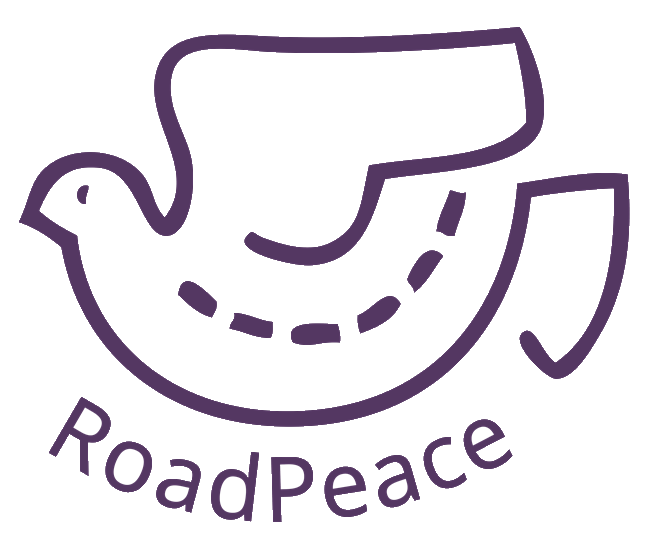We don’t have ‘plane accidents.’
We don’t have ‘train accidents.’
So why on earth do we have ‘road accidents’?
It’s Day One of the RoadPeace Andy Cox Challenge and the theme of the day is ‘Crash Not Accident.’
Plane and train crashes are, thankfully, few and far between, but when they do happen the incidents are plastered across the media. Rightly, there is an outpouring of public sadness in response to the multiple deaths and injuries that occurred.
Yet every single day, five people are killed and more than 60 are seriously injured, on average, on the UK’s roads. So why, even though far more people are killed or injured in road crashes than in planes or on trains, is society so much more accepting of road collisions?
They are often viewed as inevitable, unavoidable incidents that we have to accept, like life threatening illness or disease. But why?
It’s about altering the mindsets of the public and making people realise that just as they can eat healthily and take care of their bodies in an effort to avoid ill-health, they can and should take extra care when they use the roads to avoid road death or injury.
Many people think that crashes won’t happen to them, but as many RoadPeace supporters know only too well, crashes can happen to anybody. It doesn’t matter who you are, where you live, how old you are or how loved you are, we’re all at risk and we all need to take responsibility.
But how exactly do we get people to understand this? The language we use has a lot to do with it. If we keep on talking about road ‘accidents’ to friends and family, and if the media continue to report on road ‘accidents’ we’ll be forever stuck in the ‘accident trap.’
Somebody who knows a lot about this subject is Laura Laker, Freelance Active Travel journalist and author of Road Collision Reporting Guidelines with the University of Westminster.
Today, to show her support for this issue, Laura cycled alongside Det Chief Supt Andy Cox, who is spearheading the week-long campaign, as the event kicked off on the Isle of Wight.
Her report states that, with a little guidance on reporting, from avoiding language that prematurely attributes blame or risk, to providing context on wider road safety issues and trends, publishers can help provide clarity on the issues. This includes avoiding use of the term ‘accident’, which can inadvertently depict crashes as unavoidable, as well as by characterising road users as people, rather than simply the vehicles they use.
The Reporting Guidelines state that collisions should be reported neutrally, such as “driver and pedestrian in collision”, rather than, say, “pedestrian hit by car”, which research shows unintentionally shifts focus to the only named human actor, and implicitly attaches a degree of blame. It could mean providing crucial context in coverage of road collisions, which research tells us is key in helping us understand wider issues and trends.
By including local or national crash statistics, for example, publishers can avoid treating crashes as isolated incidents. Research suggests portraying crashes in that way blocks debate about possible wider causes, such as street design features that tend to put pedestrians at higher risk.
The RoadPeace Andy Cox Challenge 2022 is an awareness and fundraising event, which is taking place until May 22.
Det Chief Supt Cox is joining forces with police officers and bereaved families every day this week to cycle and run on routes where fatal and serious road collisions have occurred.
He said: “I’m hugely frustrated when I hear the words ‘road accident’ and I know bereaved families around the country are too.
“People often think crashes are unavoidable. That’s not the case. It’s about driving standards. Crashes are usually caused by significant driver error through being reckless or dangerous. And that’s a choice.”
If you are able to support the campaign in any way, no matter how small, you can do so here: https://bit.ly/3LkJ6Y9
Updated on: 16 May 2022
